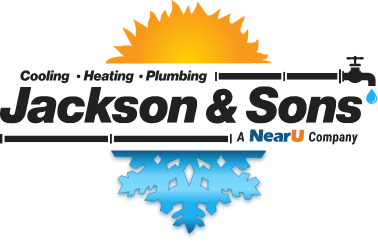
Issues related to indoor air quality (IAQ) are always important, but the connection between pregnancy and IAQ is particularly critical. Studies have revealed a number of potential consequences that may result from prolonged exposure to poor indoor air quality during pregnancy.
The air quality inside a house may be degraded by fumes emitted by paint and certain building materials, cleaning solutions, natural gas combustion in the furnace and the stove, mold contamination, and cigarette smoke, among other elements. The harmful link between pregnancy and IAQ also includes outdoor pollutants that infiltrate indoors, like carbon monoxide and industrial emissions.
Potential issues related to pregnancy and IAQ include:
- Low birth weight. One in 12 American babies is born underweight. Researchers speculate that the mother’s exposure to concentrated pollutants in the air indoors and/or outdoors may be one of the causes.
- Premature birth. European research into the connection between pregnancy and IAQ concludes that 18% of preterm births may be linked to particulate air pollution.
- Asthma. This respiratory condition is proven to be exacerbated by airborne pollutants. Mothers suffering from untreated asthma who are exposed to poor indoor air quality are more likely to give birth prematurely, and the baby may also be at risk of additional health consequences due to reduced oxygen.
To reduce potential complications posed by pregnancy and IAQ, consider these preventative steps to safeguard your home environment:
- Ask your professional HVAC contractor for advice about optimum air filtration inside a home that includes a pregnant resident. The technician can also suggest a proper replacement interval of air filters to ensure efficient pollutant removal.
- Make sure the house receives adequate ventilation. Fresh outdoor air dilutes the concentration of harmful indoor fumes.
- Your HVAC system is an important ally in maintaining healthy indoor air quality. Schedule professional preventative maintenance of the heating (fall and winter) and cooling system (spring and summer) to ensure all components are functioning at the manufacturer’s specs.
- To inhibit organic airborne pollutants such as mold spores and bacteria, maintain healthy indoor humidity levels — generally no higher than 50%.
For all your HVAC needs, contact the experts at Jackson & Sons.

